
How Legislation Meant to Overhaul Probation And Parole In Pennsylvania Strayed From Its Roots
Through a series of maneuvers, state legislators narrowed the ambitious scope of Senate Bill 14.

Through a series of maneuvers, state legislators narrowed the ambitious scope of Senate Bill 14.
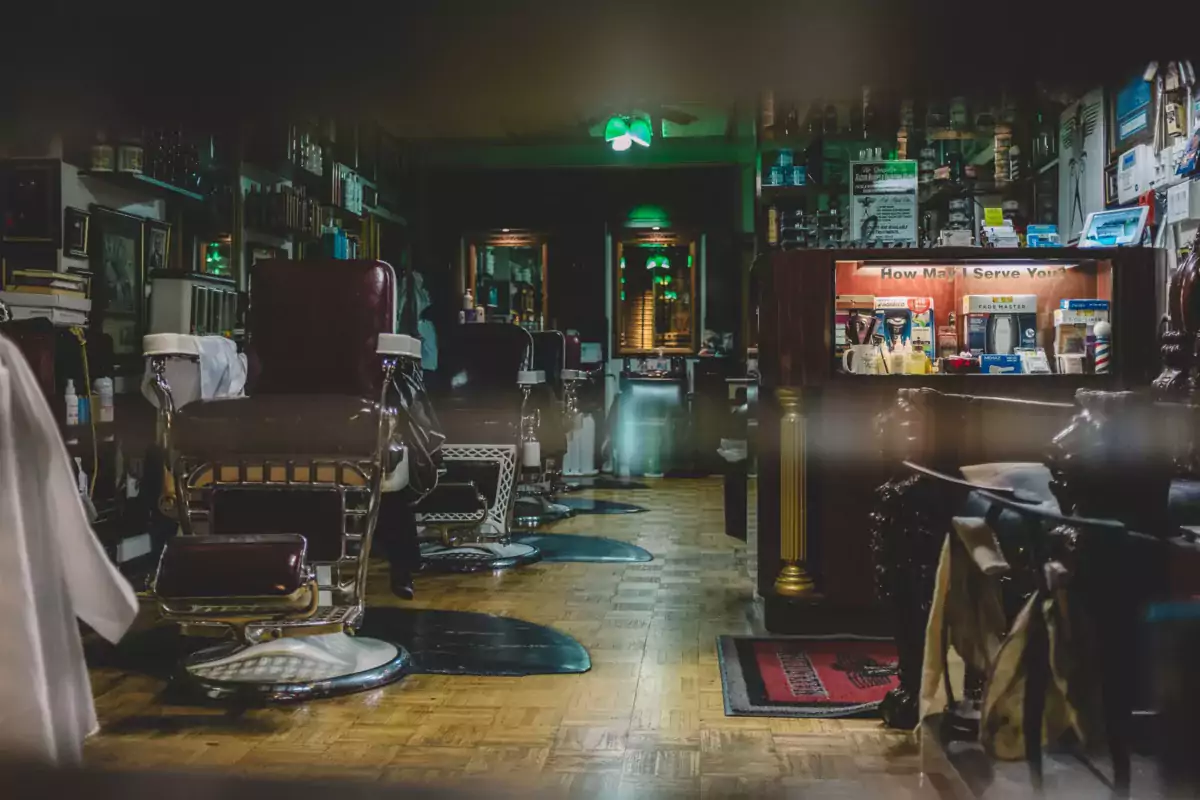
B.S., a 61-year-old with chronic respiratory problems, has struggled with substance use for decades. Police and prosecutors sought the harshest sentence possible after he failed to return the car.
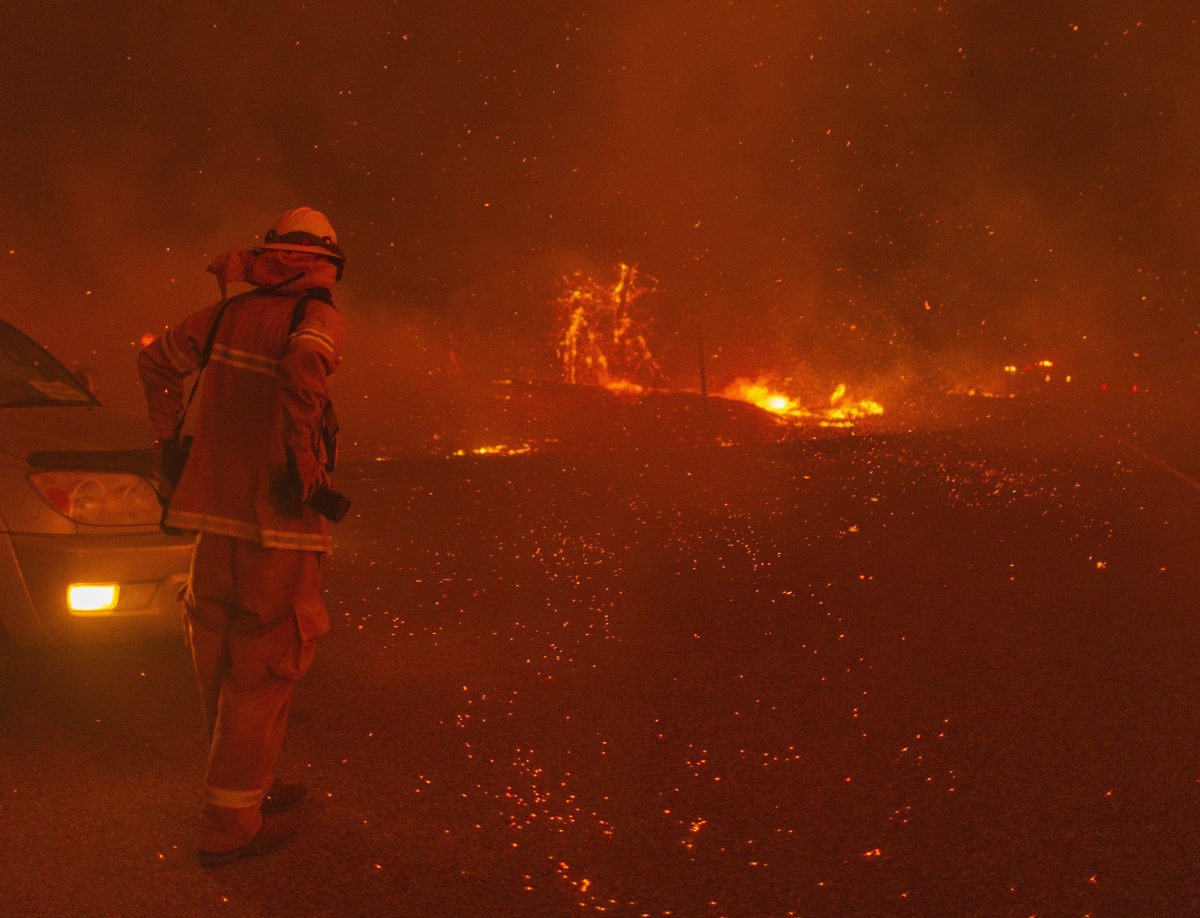
California just made it a tiny bit easier for formerly incarcerated people to become civilian firefighters. But the law still leaves many obstacles in their path.
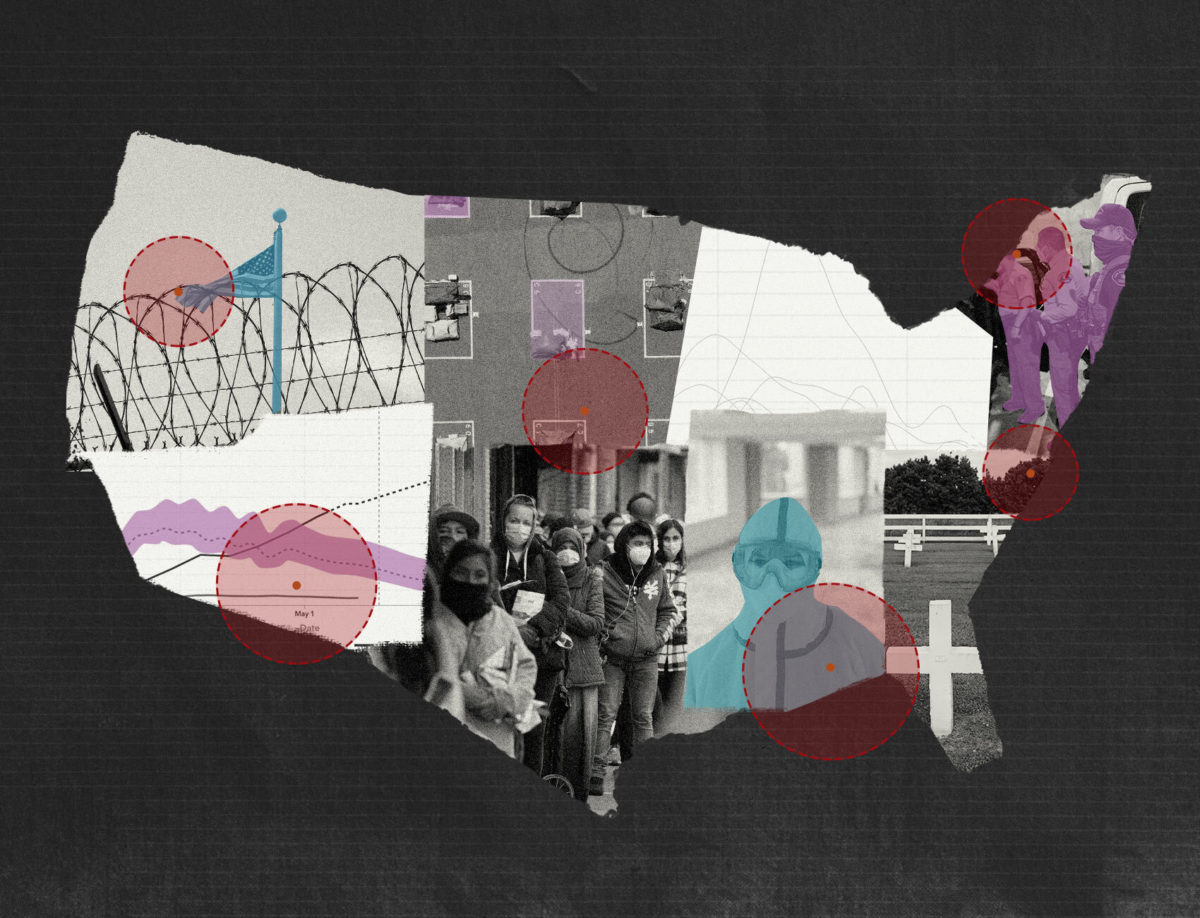
After testing positive for COVID-19, Tommy Zeigler, whose case inspired legislation and multiple investigative reports, is missing in a Florida prison; advocates for women inside Oklahoma’s Eddie Warrior Correctional Center want to hear from Gov. Kevin Stitt; and men quarantined in a previously shuttered prison say they’re being forced to pee in cups.
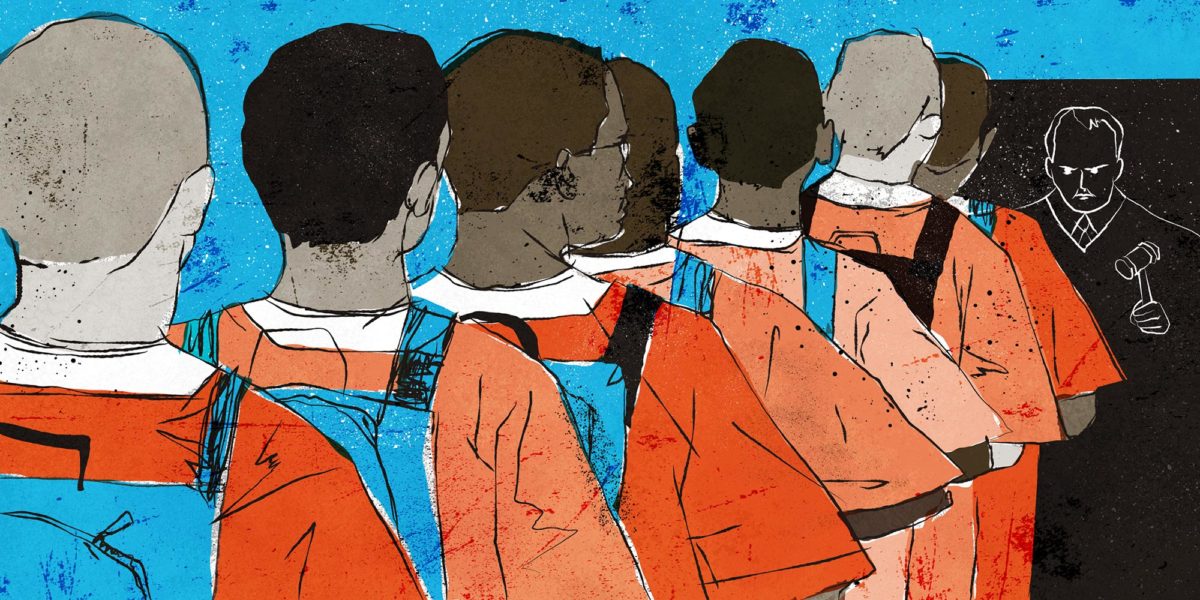
We should demand that prison officials and our elected representatives honor their constitutional obligation to promote and support youth healing, growth, and change.

A court ruling allows the Cook County Jail to return to double-occupancy and dorm-style housing, a state oversight agency makes an example of New York’s Fishkill prison, and we update our ongoing map of new COVID-19 cases.

Doctors at California’s San Quentin State Prison hope other correctional institutions will learn from their experience, COVID-19 causes one Colorado county to cancel its plans to build a bigger jail, and guards at Oregon’s Snake River Correctional Institution are blamed for an ongoing outbreak.
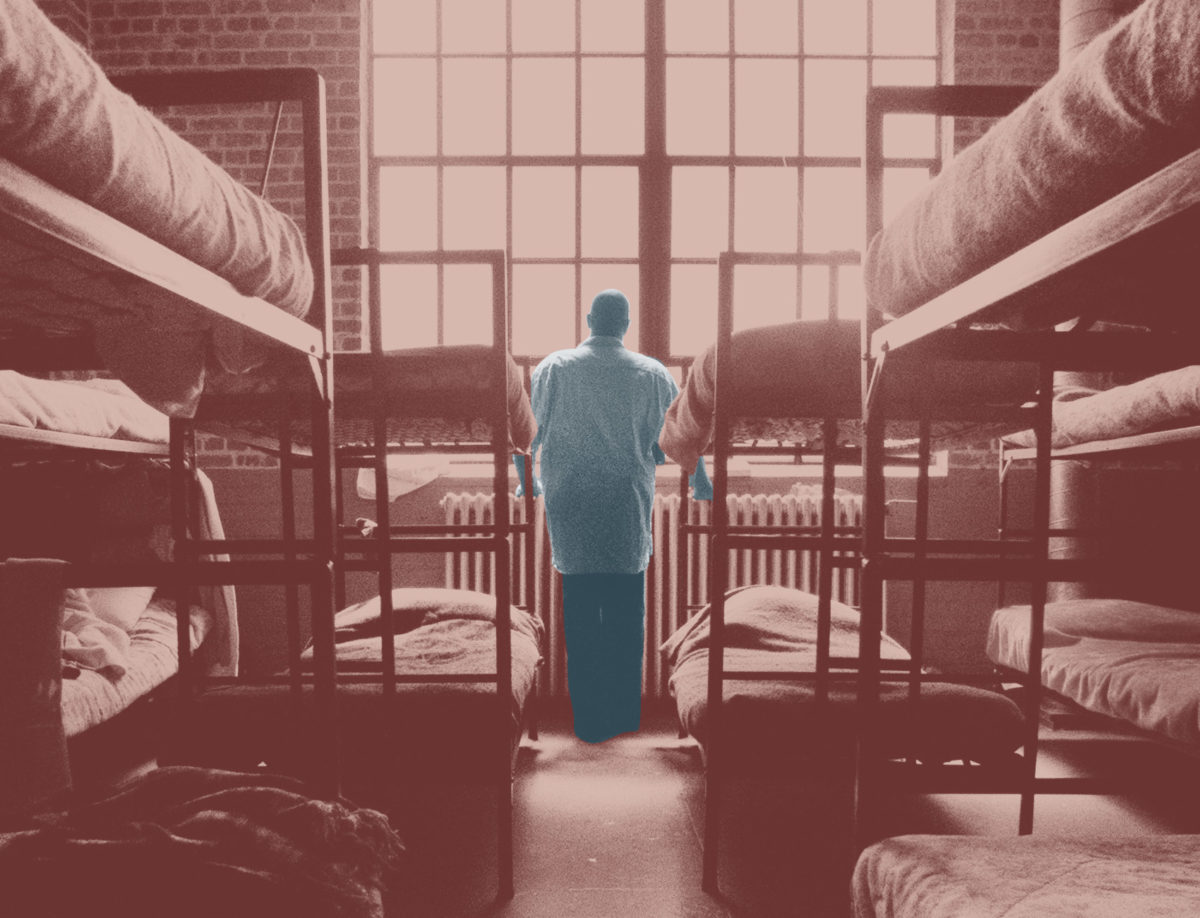
Efforts to address the harms of police violence and incarceration must consider the drug war, activists and treatment professionals note, including the punitive models of treatment.
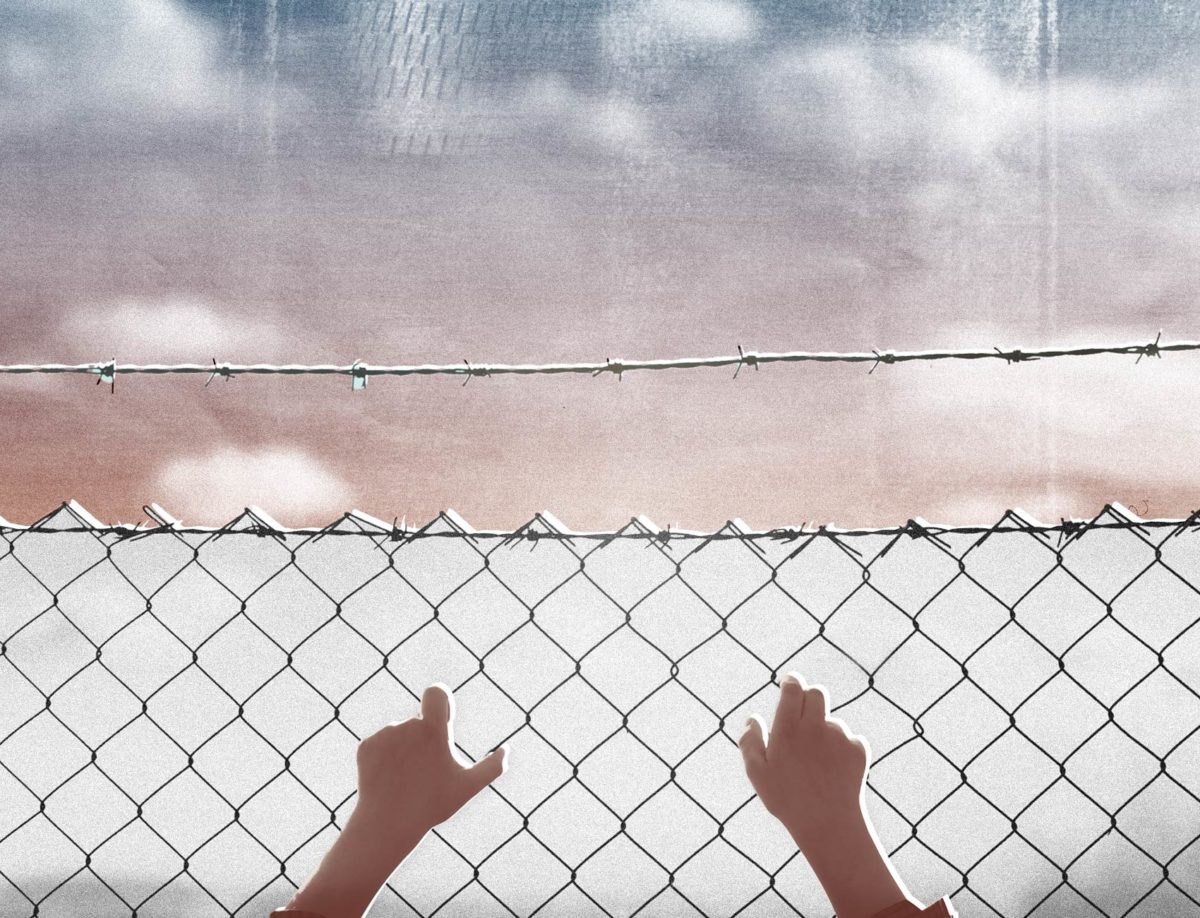
Experts say Black and Native children are disproportionately jailed either for status offenses or for technical violations of probation or parole—and that incarcerating them has far-reaching negative consequences.
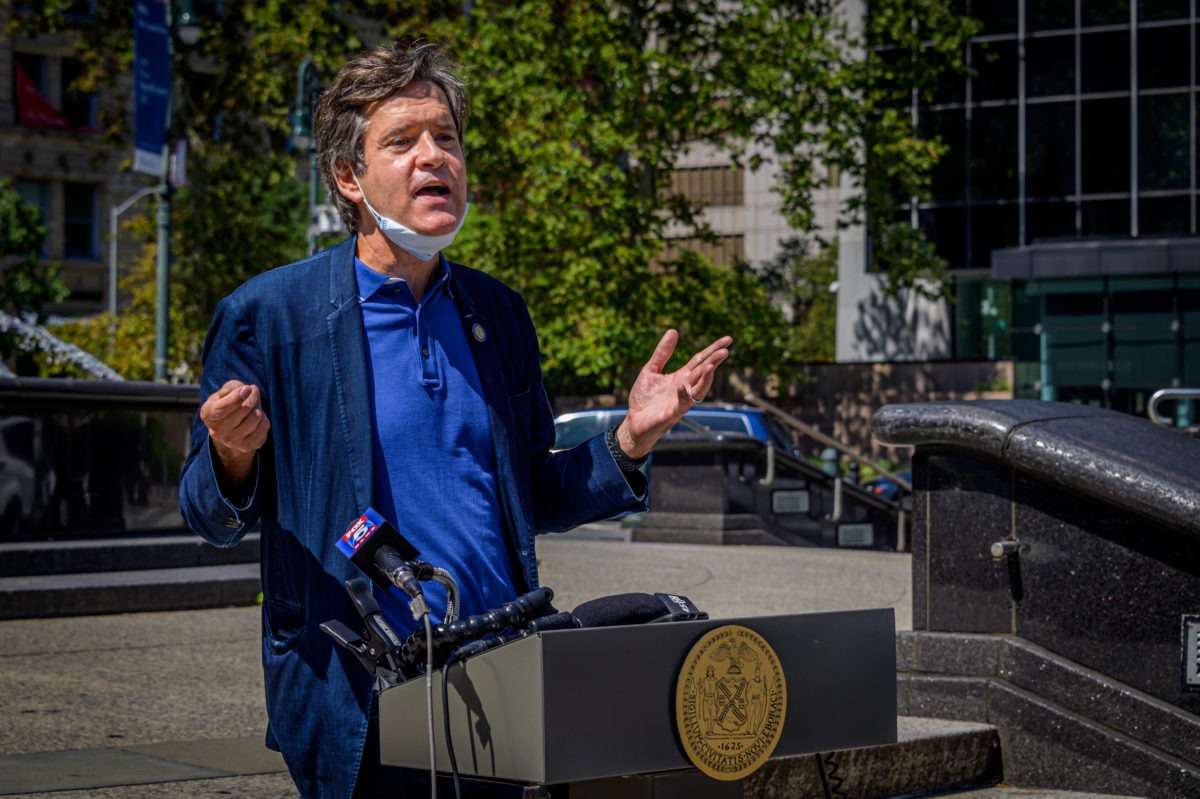
Nikki Addimando, convicted of second-degree murder for the death of her boyfriend, whom she said abused her, petitioned to have her sentence reduced under the 2019 law. But a judge ruled against her. If that ruling is affirmed, state legislators say, it will be ‘insurmountably difficult’ for survivors to ever benefit from the law.

As states move toward reopening, jails and prisons continue to report large COVID-19 outbreaks; researchers call for greater transparency in reporting infection rates; and prisoners at a New York federal jail say screening is limited to, ‘Are you OK?’

California’s corrections secretary is retiring amid criticism over his handling of COVID-19 outbreaks, a Baltimore public defender describes his struggle to get an elderly client out of prison, and advocates for incarcerated people in Colorado want Gov. Jared Polis to consider more prisoner releases.

Oregon Gov. Kate Brown considers releasing more people from prison, how California’s Fresno County quietly became a major COVID-19 cluster, and new updates to our coronavirus outbreak map.

A new lawsuit uses the lesson of one prison to demand the release of people from New Mexico lock-ups, a new bill would require more transparency in reporting COVID-19 cases in prisons and jails, and deaths of incarcerated people hit a grim milestone.

What makes Ohio prisons so deadly, the CDC urges corrections officials to conduct mass testing, and the Washington Post editorial board finds a surge in jail and prison COVID-19 outbreaks ’morbidly unsurprising’.
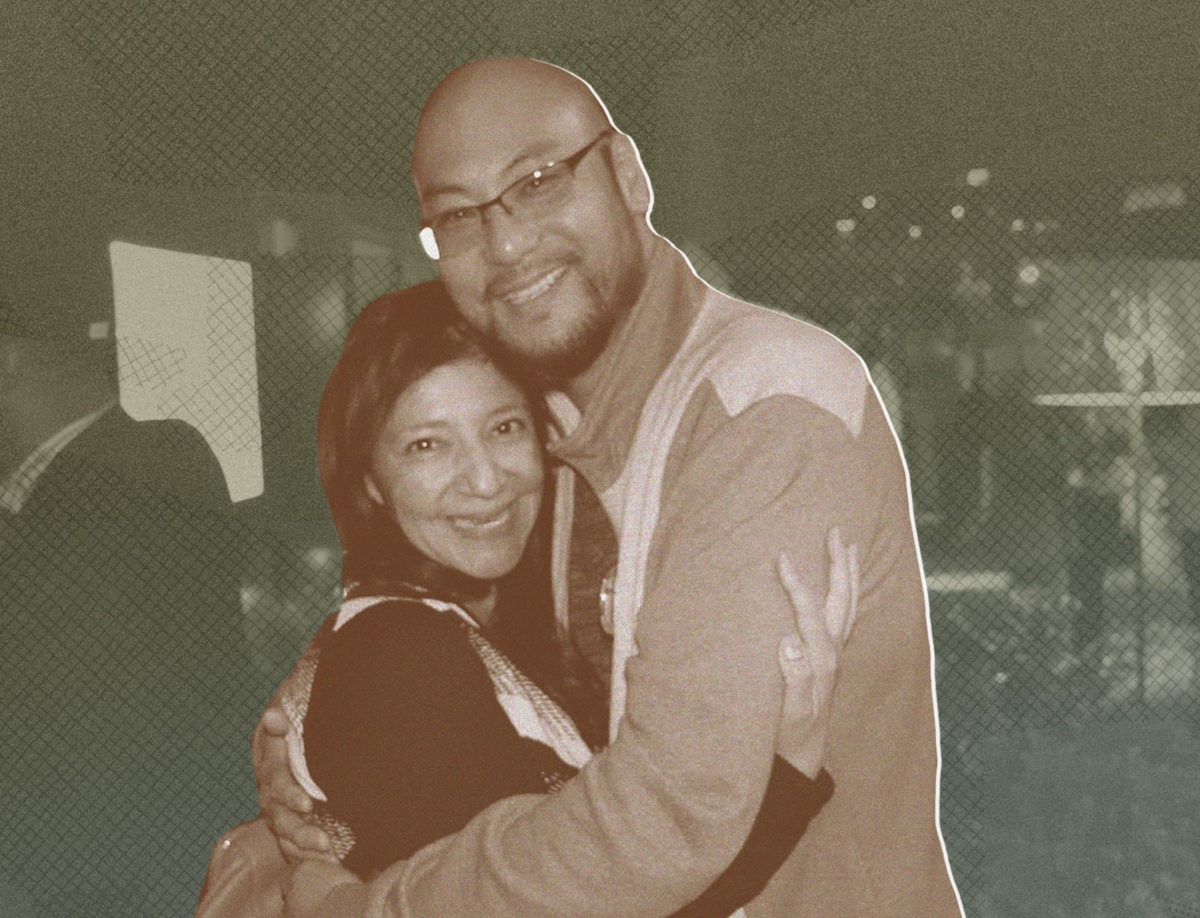
Taewon Wilson and Candace Chavez-Wilson are part of a growing movement to end life without possibility of parole and other harsh sentences.
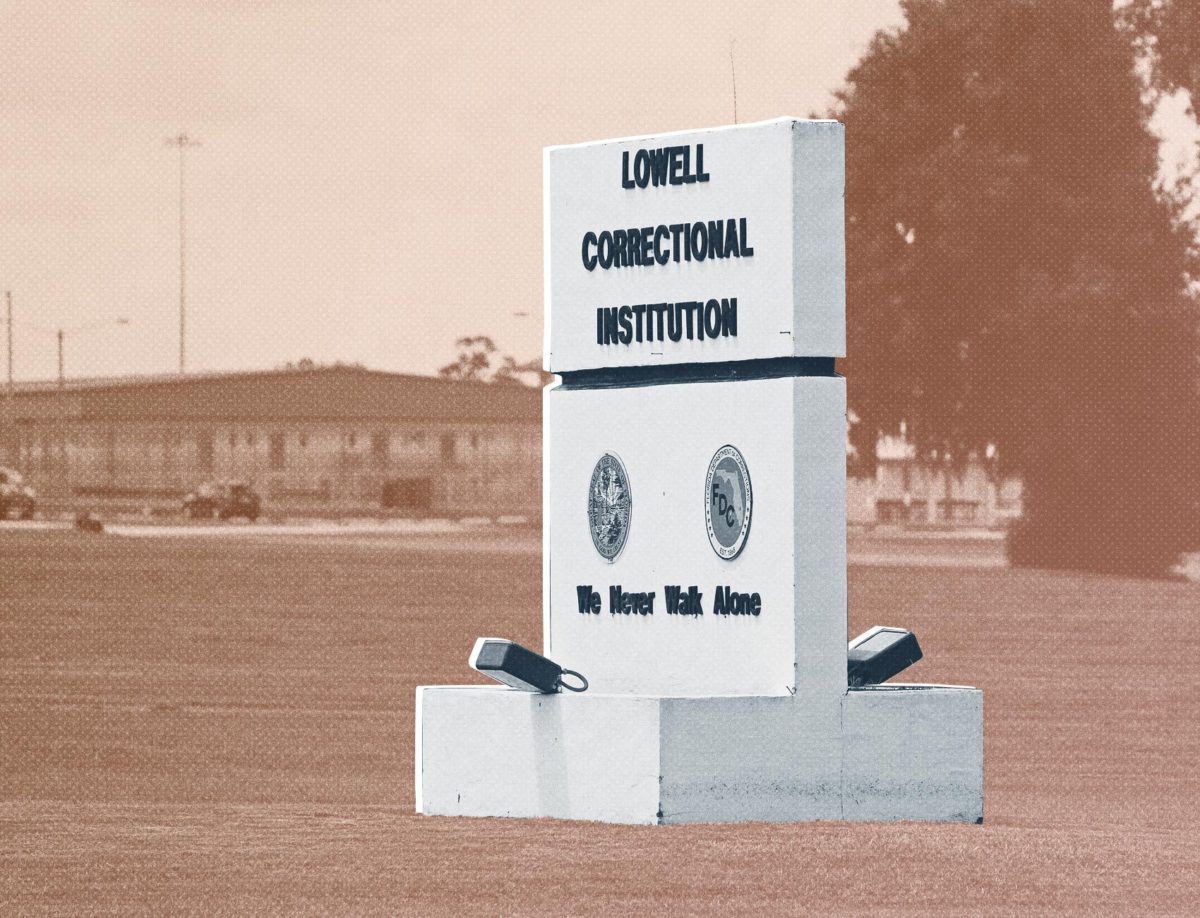
As of Thursday, 993 incarcerated women and 62 staffers at Lowell Correctional Institution have tested positive for the virus. Two women have died.

Gov. Ron DeSantis ignores calls to release elderly people from Florida prisons, quarantines are no longer hampering California prison fire crews, and an update to our ongoing COVID-19 outbreak map.

Amid ongoing COVID-19 outbreaks in state prisons, Oregon lawmakers grapple with decarceration plans; the Sacramento County Sheriff won’t share infection data with the oversight board; and Oklahoma corrections officials use CARES Act money to ’boost morale’.

California prison watchdog finds lapses in COVID-19 screening procedures, the ‘trailer jails’ that officials in one Missouri county praised as ‘innovative’ are the site of an outbreak, and the U.S. Marshals Service is blamed for spreading infections among federal detention facilities.

The state Board of Pardons recommended last year that hundreds of people’s criminal records be cleared. Months later, more than half are still waiting for Tom Wolf’s signature.
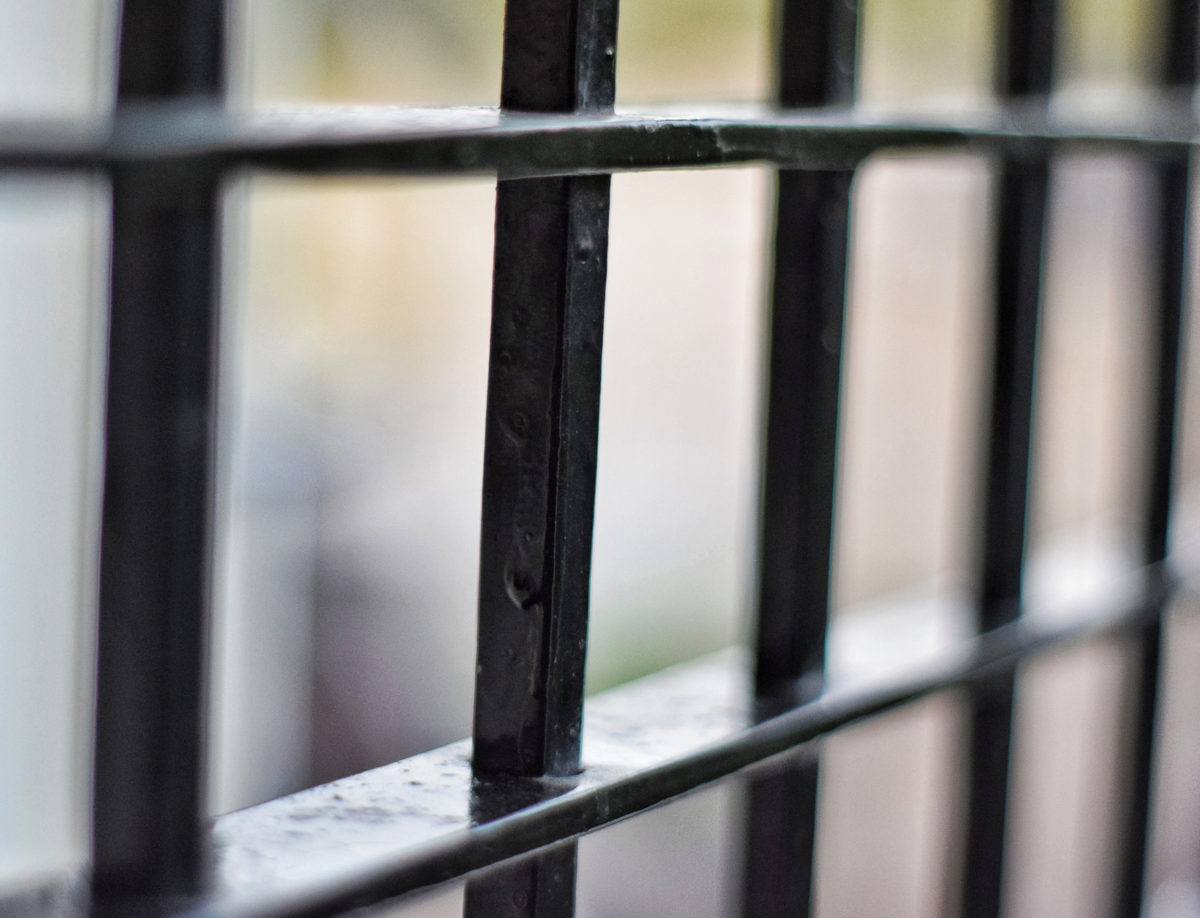
Nicole Poston was sentenced in July for punching a police officer after she slipped free from a handcuff. Life sentences, even for nonhomicide offenses like Poston’s, are ‘a major factor’ in mass incarceration in the U.S., a criminal justice expert said.

Newspaper fearmongers around releasing people from prison due to COVID-19, oversight agency urges state DOC to ease restrictions on people in prison who have faced months of lockdown due to pandemic, sheriff orders staff not to wear masks.

New outbreaks continue to hit California prisons, advocates have harsh words for the Federal Bureau of Prisons, and a longtime journalist weighs in on a sheriff’s decision to take a battle with the ACLU to the Supreme Court.

Judge Mary Ellen Brennan jailed the 15-year-old, known as Grace, for violating her probation by not completing schoolwork. Last month, the Michigan Court of Appeals ordered Grace’s immediate release, which Brennan said left her without the means to ‘issue consequences.’

A new research project aims to better understand how COVID-19 spreads through jails, the virus continues to sweep through California’s death row, and federal prison employees are suing for hazard pay.
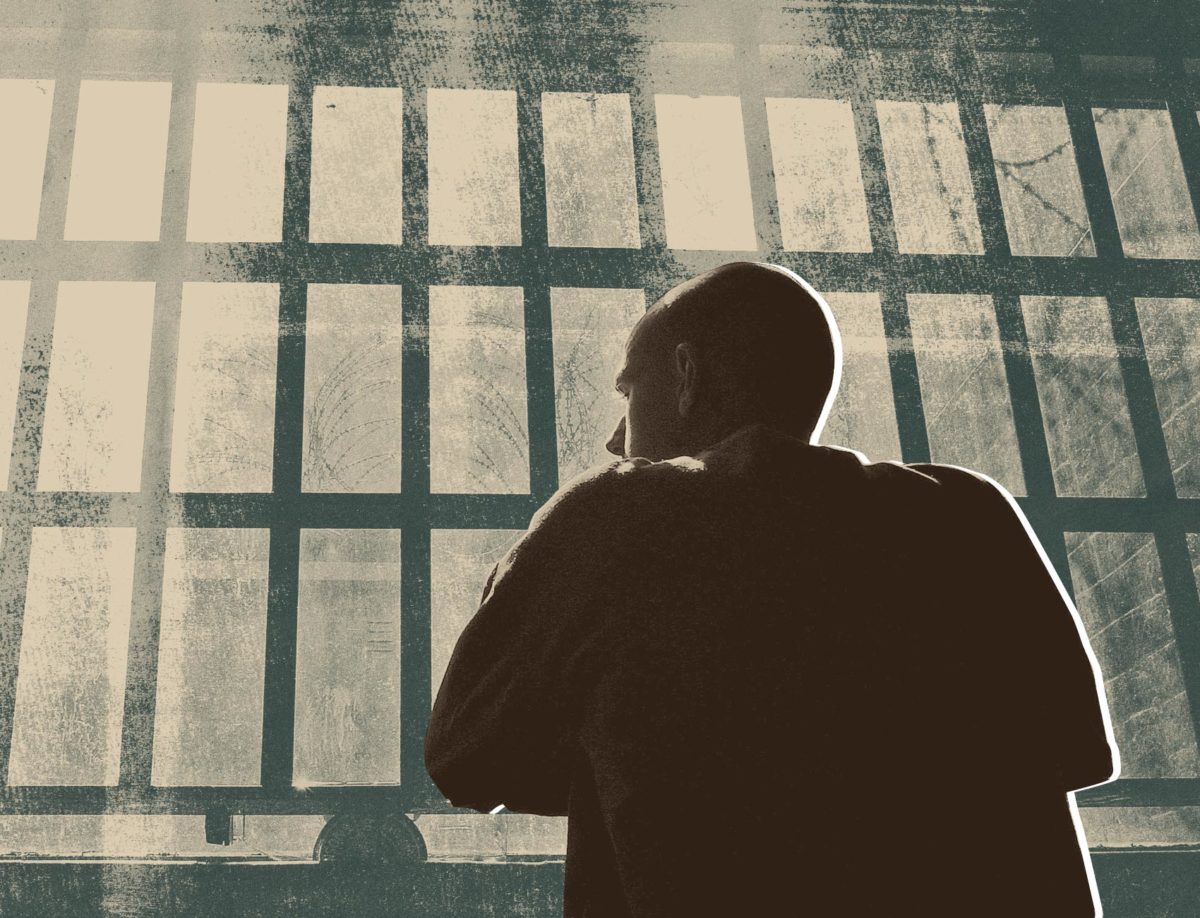
If the bill is signed into law later this month, about 20 percent of the state’s prison population could see their sentences reduced to fight the spread of the novel coronavirus, including some people who have served lengthy sentences for violent crimes.

Attorneys file a class-action lawsuit over the outbreak at a California forensic psychiatric hospital, cases increase among Vermont prisoners sent to Mississippi, plus a map of new cases.
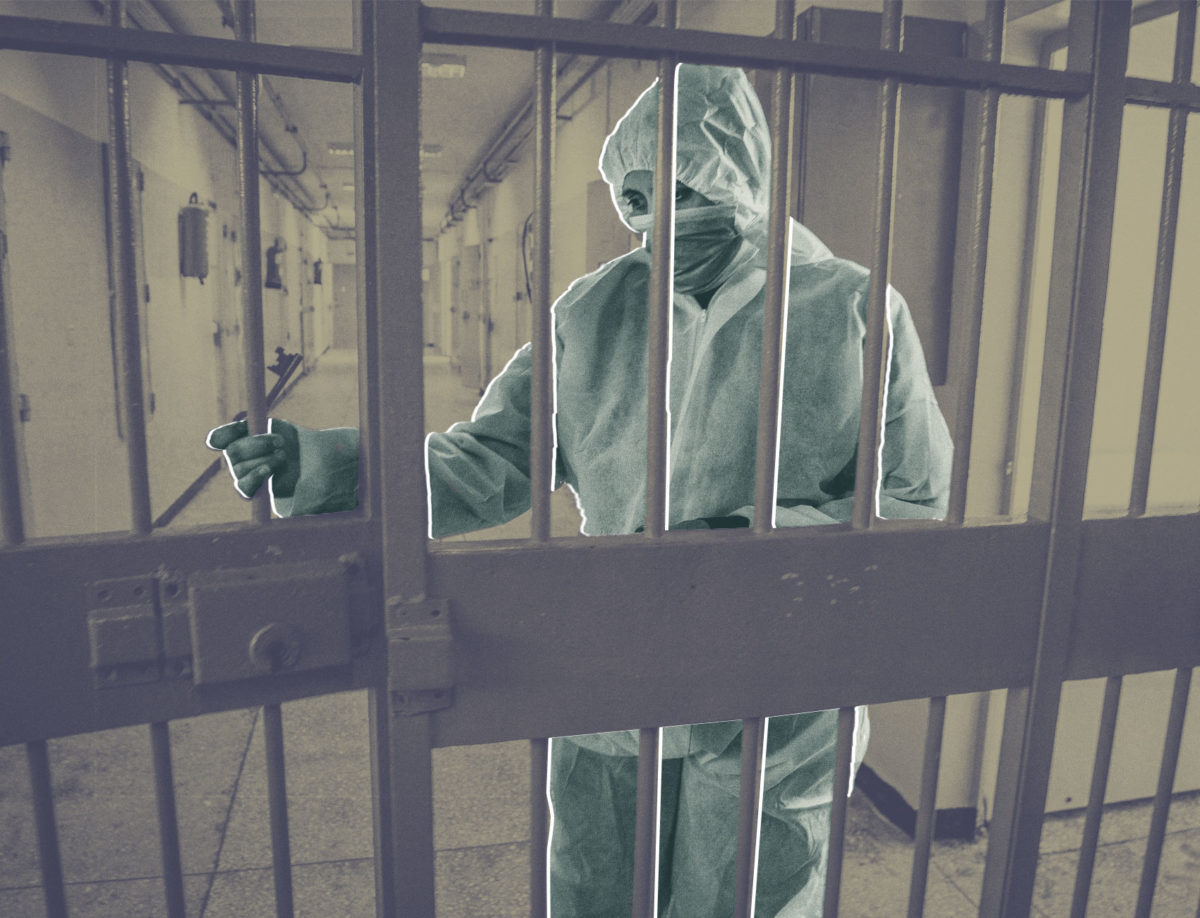
They shared their stories as part of a lawsuit seeking urgent changes to protect prisoners. One prisoner wrote that a jail officer denied his request for a mask, so he tied old underwear around his face.
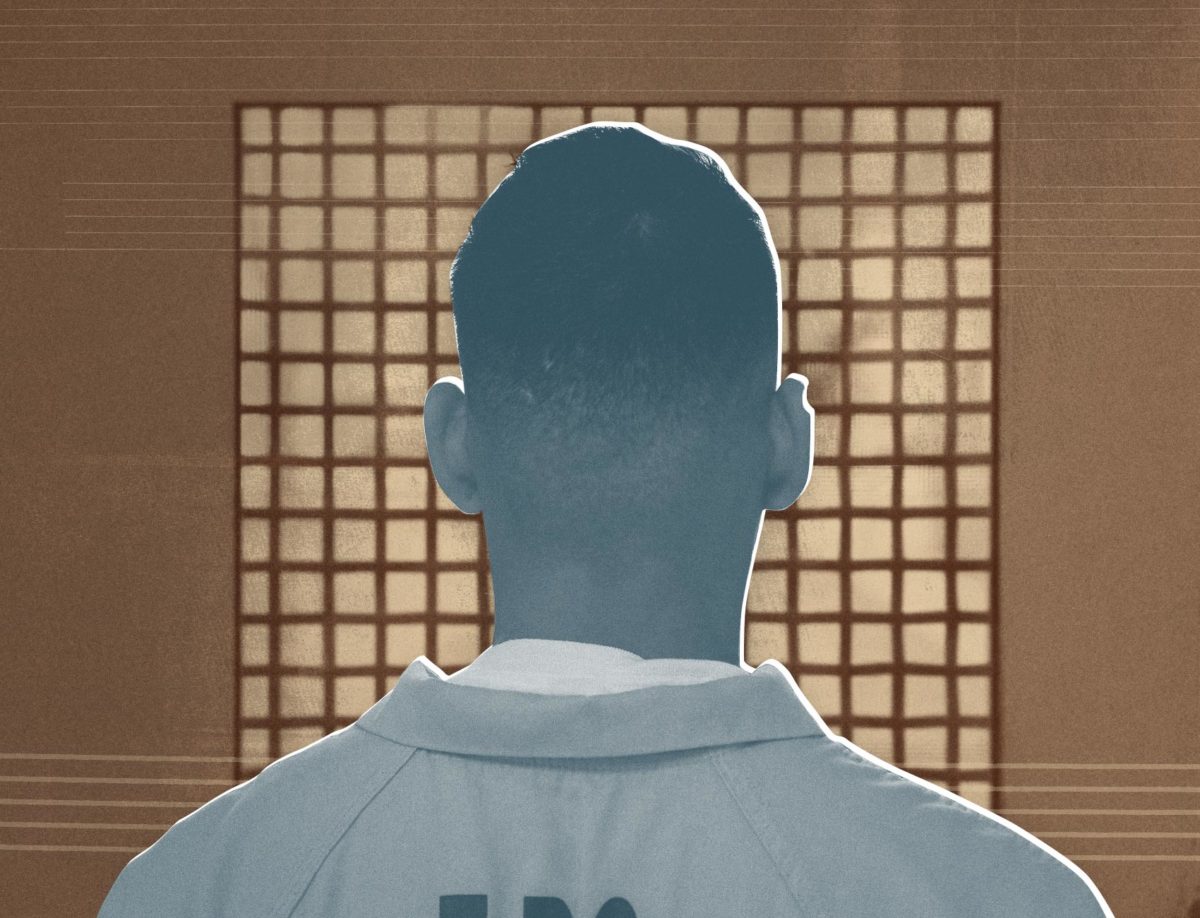
Despite the growing consciousness around the need for reforms, thousands of prisoners who might also deserve clemency or early release are slipping through the cracks.

Amid sustained lockdowns and deteriorating conditions, prisoners and guards are reaching a breaking point; a new study shows decarceration is slowing amid increasing outbreaks in detention facilities; and HuffPost interviews a Rikers Island whistleblower.

Incompetence and inaction by California’s leaders are driving illness and death inside the state’s prison system.
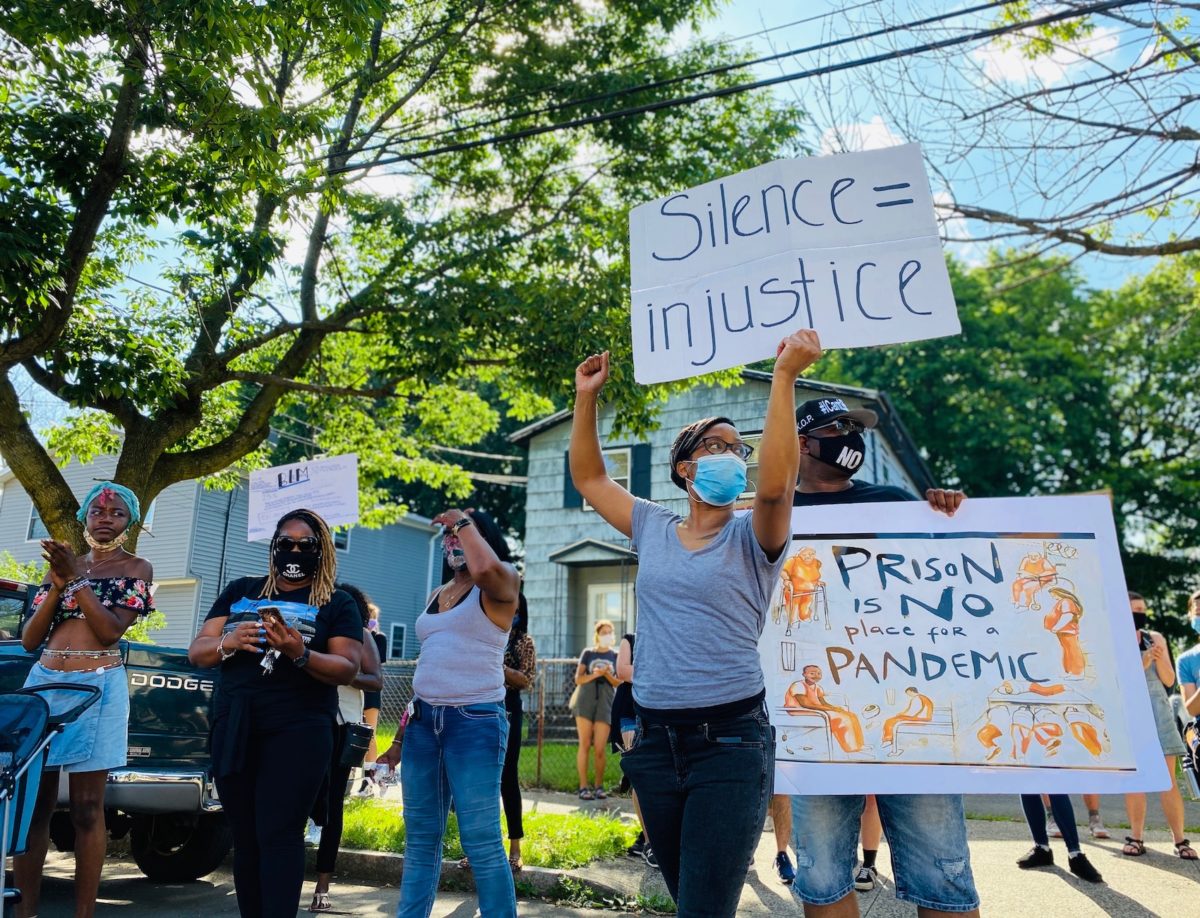
According to people incarcerated and their loved ones, state officials are ignoring the spread of COVID-19 at New Haven Correctional Center.

Dozens of Vermont prisoners sent to an out-of-state private prison test positive for COVID-19, new study shows the prison infection rate is more than four times the general public’s, and Jay-Z’s Team Roc sues a Mississippi prison over “sub-human and deplorable” conditions.

The Michigan Court of Appeals ordered her immediate release pending an appeal of a circuit court judge’s decision to jail the teen, known as “Grace,” in mid-May.

California watchdog agency that repeatedly warned of “dire consequences” of prison overcrowding urges lawmakers to implement reforms; human rights org tweets “keep-you-up-at-night horrifying” stories from Georgia jail; and we map out four days of coronavirus outbreaks.

Sixteen-year-old William Haymon has spent more than 500 days in an adult jail in rural Lexington, Mississippi. There are no state rules governing how long a person can be incarcerated without being formally charged with a crime.

COVID-19 tears through a Texas prison for medically fragile women; California prisons are flattening the curve on new diagnoses, but deaths continue to climb; and the ACLU finds jails releases haven’t led to an increase in crime.
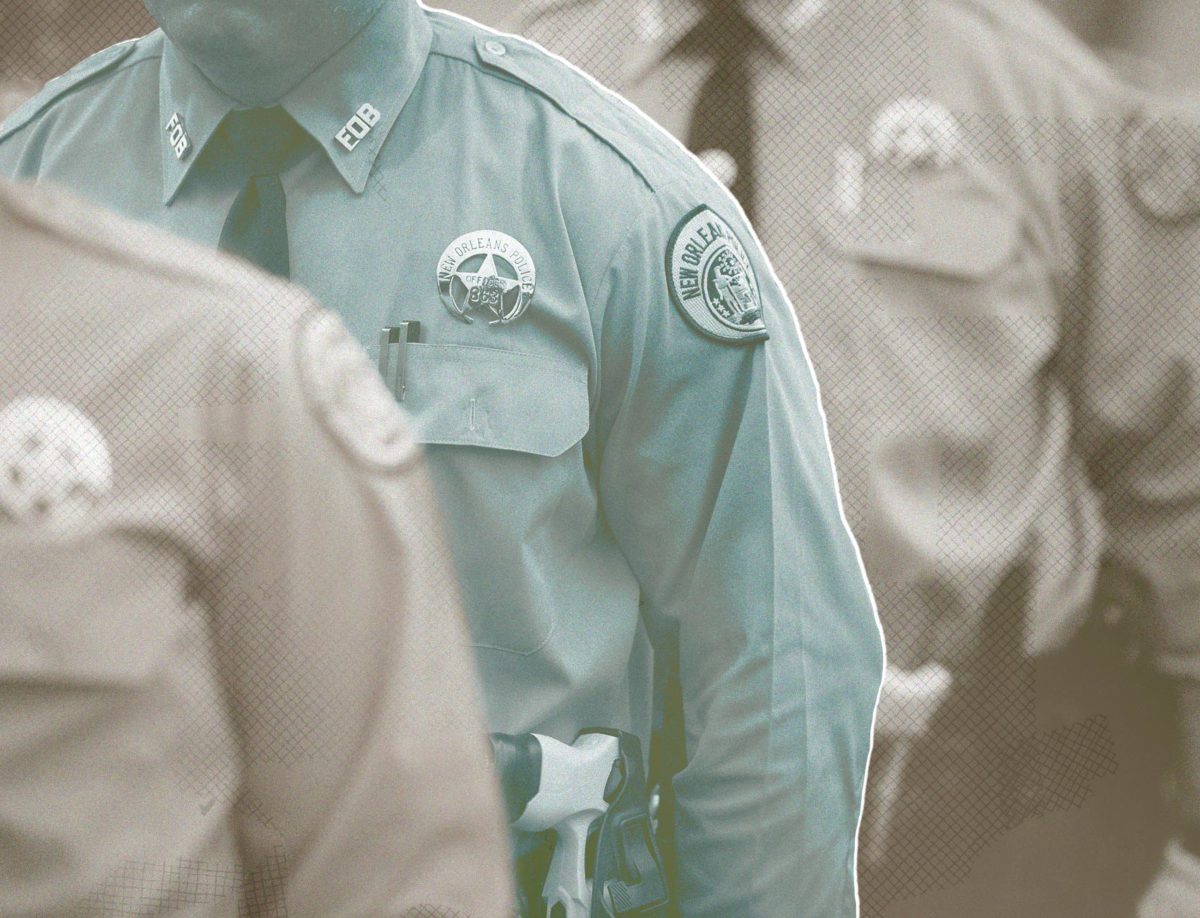
To decarcerate New Orleans, we must defund the police department.
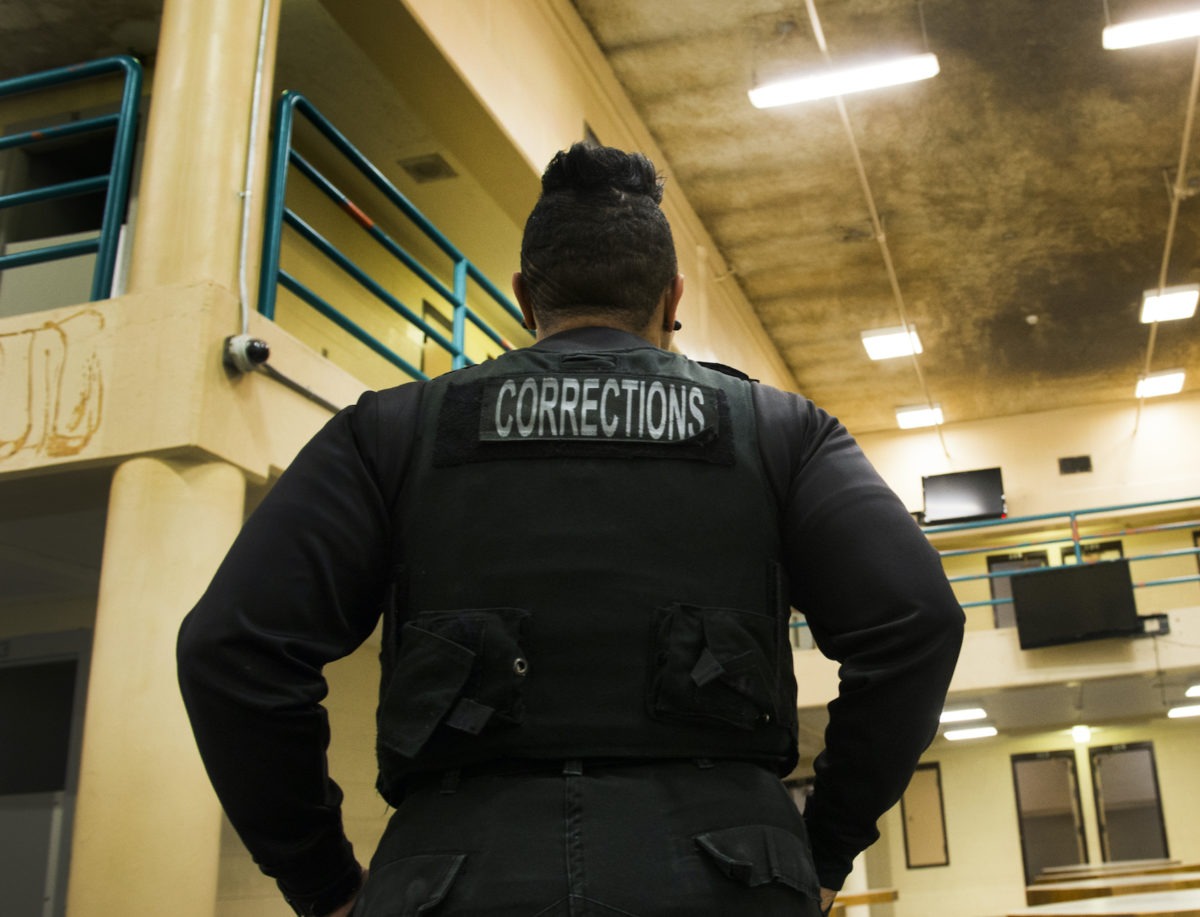
Qualified immunity is just one obstacle of many that incarcerated people face when seeking to hold correctional officers accountable for misconduct.